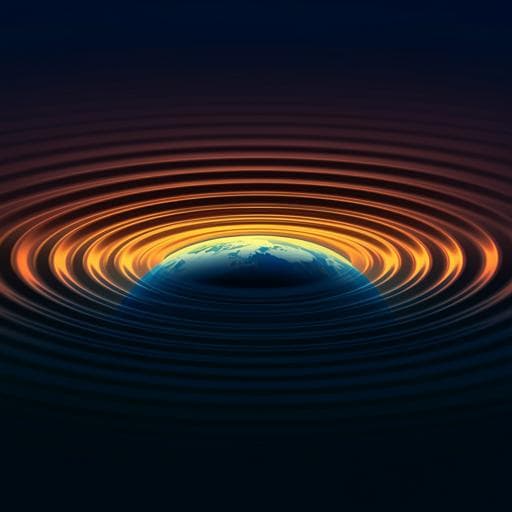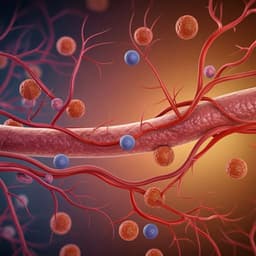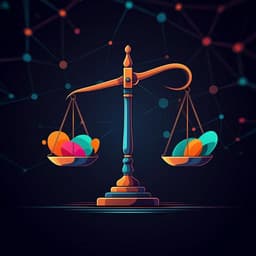
Physics
Ionospheric monitoring with the Chilean GPS eyeball during the South American total solar eclipse on 2nd July 2019
A. K. Maurya, M. N. Shrivastava, et al.
This research by Ajeet K. Maurya, Mahesh N. Shrivastava, and Kondapalli Niranjan Kumar explores how the July 2, 2019, total solar eclipse affected the ionosphere. Notably, while totality stations showed minimal changes, significant electron content decreases occurred to the south and increases to the north, hinting at a fascinating connection between the eclipse and atmospheric gravity waves.
Related Publications
Explore these studies to deepen your understanding of the subject.







